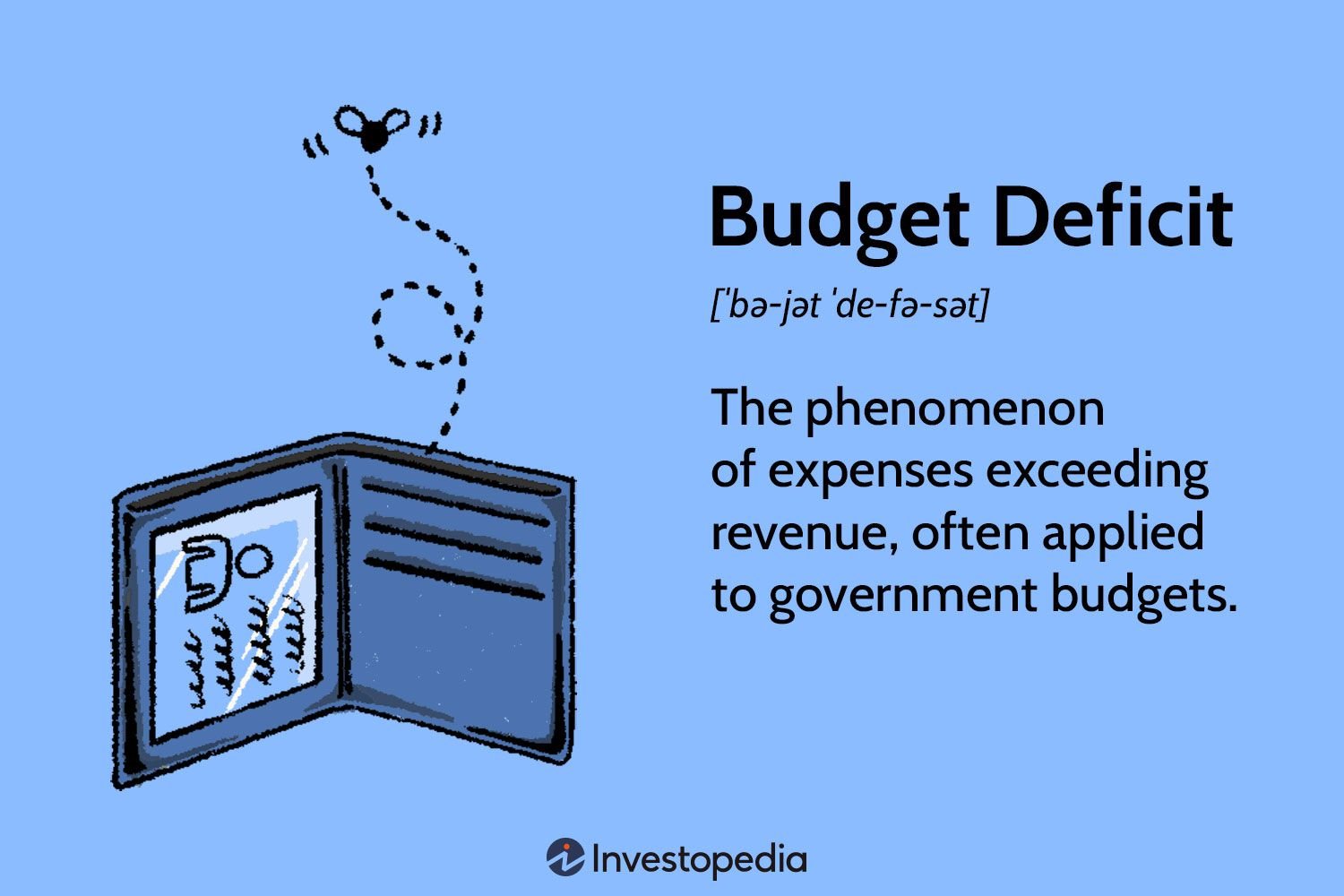Are you wondering how to financially plan for elderly parents? It’s a question that many of us face as our loved ones reach their golden years. Taking care of our aging parents requires careful consideration and preparation, but with the right approach, it can be a smooth and manageable journey. In this article, we’ll walk you through practical steps to ensure your parents’ financial well-being, providing peace of mind for everyone involved. So, let’s dive right in and explore how to financially plan for elderly parents.
How to Financially Plan for Elderly Parents
Caring for elderly parents can be a challenging yet rewarding experience. Not only do you have to ensure their physical and emotional well-being, but you also need to consider their financial needs. Financial planning for elderly parents is crucial to provide them with the support and security they deserve during their golden years. In this comprehensive guide, we will walk you through the key steps and considerations to effectively manage your parents’ finances.
1. Assessing the Current Financial Situation
The first step in financially planning for elderly parents is to assess their current financial situation. This involves gathering and analyzing relevant information to gain a clear understanding of their income, expenses, assets, and debts. Here’s what you need to do:
- Collect important documents such as bank statements, investment records, insurance policies, and tax returns.
- Compile a list of all income sources, including pensions, Social Security benefits, and rental income.
- Document monthly expenses, including housing costs, medical expenses, transportation, and daily living expenses.
- Identify and evaluate all assets, such as savings accounts, retirement accounts, real estate, and investments.
- List any outstanding debts, such as mortgages, loans, and credit card balances.
By conducting a comprehensive assessment, you’ll have a solid foundation from which to develop a financial plan tailored specifically to your parents’ needs.
2. Creating a Budget
Once you have a clear picture of your parents’ financial situation, the next step is to create a budget. A budget will help you manage their income, expenses, and savings effectively. Here’s how to create a budget for elderly parents:
- Start by categorizing their expenses into essential (e.g., housing, food, healthcare) and discretionary (e.g., entertainment, travel, dining out).
- Compare the total monthly income with the expenses to determine if there is a surplus or deficit.
- Identify areas where expenses can be reduced, such as negotiating lower insurance premiums or finding cost-effective healthcare options.
- Allocate a portion of their income for savings and emergency funds.
- Regularly review and revise the budget to accommodate any changes in their financial situation or needs.
Creating and sticking to a budget ensures that your parents’ finances are well-managed and helps prevent any potential financial strain in the future.
3. Establishing Power of Attorney and Healthcare Proxy
As your parents age, it’s crucial to establish power of attorney and healthcare proxy to ensure their wishes are respected and their financial and medical affairs are managed appropriately. Power of attorney grants someone the authority to make financial decisions on behalf of your parents, while a healthcare proxy allows someone to make medical decisions when they are unable to do so. Here’s what you need to consider:
- Consult with an attorney to understand the legal requirements and options available for power of attorney and healthcare proxy.
- Select a trusted individual to act as power of attorney and healthcare proxy.
- Ensure your parents understand the implications and significance of granting these powers.
- Document the power of attorney and healthcare proxy by following the necessary legal procedures.
Having power of attorney and healthcare proxy in place will provide you with the necessary legal authority to manage your parents’ financial and medical affairs effectively.
4. Managing Healthcare and Long-Term Care Expenses
Healthcare and long-term care expenses are significant considerations when financially planning for elderly parents. As their healthcare needs increase, it’s important to have strategies in place to cover these costs. Here are some tips to manage healthcare expenses:
- Review their health insurance policies to understand coverage, copays, deductibles, and limitations.
- Research Medicare and Medicaid eligibility and benefits to maximize coverage.
- Consider long-term care insurance to help cover costs associated with assisted living, nursing homes, or home healthcare.
- Explore government programs and grants that provide financial assistance for seniors’ healthcare needs.
- Encourage your parents to maintain a healthy lifestyle to minimize healthcare expenses.
By proactively managing healthcare and long-term care expenses, you can ensure your parents receive the necessary medical support without depleting their finances.
5. Planning for Retirement and Social Security Benefits
If your parents haven’t yet retired or are still receiving Social Security benefits, it’s essential to have a plan in place to optimize their retirement income. Here are some strategies to consider:
- Encourage your parents to maximize their retirement savings through employer-sponsored plans like 401(k) or individual retirement accounts (IRAs).
- Explore options for delaying Social Security benefits to increase monthly payouts.
- Investigate potential opportunities for additional income, such as part-time jobs or rental properties.
- Consult with a financial advisor to develop a retirement investment strategy that aligns with their goals and risk tolerance.
Carefully planning for retirement and Social Security benefits can significantly impact your parents’ financial stability and ensure a comfortable retirement.
6. Consider Tax Implications
Understanding the tax implications of financial decisions is crucial when planning for elderly parents. Here are some key considerations:
- Consult with a tax professional or financial advisor to optimize tax deductions and credits available to elderly individuals.
- Stay informed about changes in tax laws that may affect your parents’ tax obligations.
- Investigate tax benefits for caregivers or dependents who provide financial support to elderly parents.
By carefully managing taxes, you can minimize the financial burden on your parents and maximize their available resources.
7. Prepare for Estate Planning
Estate planning is an important aspect of financial planning for elderly parents. It involves preparing for the distribution of assets and ensuring their wishes are carried out after their passing. Consider the following:
- Encourage your parents to create or update their wills to reflect their current wishes.
- Discuss their preferences for asset distribution and appoint an executor.
- Consider involving an estate planning attorney to navigate complex legal matters.
- Understand the implications of estate taxes and explore strategies to minimize their impact.
Taking proactive steps towards estate planning will provide peace of mind for your parents and ensure a smooth transition of their assets.
In conclusion, financially planning for elderly parents requires careful assessment, budgeting, legal considerations, and long-term planning. By understanding their financial situation, creating a budget, establishing legal authority, managing healthcare expenses, optimizing retirement benefits, considering tax implications, and preparing for estate planning, you can effectively support your parents’ financial well-being. Remember, consulting with professionals such as financial advisors, attorneys, and tax experts can provide valuable guidance throughout the process.
How Do I Financially Help My Elderly Mom?
Frequently Asked Questions
Frequently Asked Questions (FAQs)
1. How can I financially plan for my elderly parents?
Creating a financial plan for your elderly parents involves several important steps. Here are some key strategies you can consider:
- Assess their current financial situation and identify their needs.
- Estimate their future expenses, including healthcare, housing, and daily living costs.
- Explore government assistance options and benefits they may be eligible for.
- Consider long-term care insurance to help cover potential costs.
- Collaborate with siblings or family members to share the financial responsibility.
- Consult with a financial advisor who specializes in eldercare planning.
- Regularly review and update the financial plan as needed.
2. What are some ways to save money for my parents’ future needs?
Here are a few effective ways to save money for your parents’ future needs:
- Encourage them to contribute to retirement accounts, such as IRAs or 401(k)s.
- Invest in low-risk options, like bonds or certificates of deposit (CDs).
- Explore the possibility of downsizing their living arrangements to reduce expenses.
- Take advantage of senior discounts on various services and products.
- Allocate a portion of your own savings to support their financial needs.
- Consider setting up a trust or designated savings account specifically for their future needs.
3. How can I ensure my parents do not run out of money in their retirement?
To help ensure your parents don’t run out of money during retirement, consider the following:
- Estimate their retirement expenses and create a realistic budget.
- Encourage them to delay claiming Social Security benefits to receive higher payments.
- Invest their savings in a diversified portfolio to generate income.
- Explore part-time job opportunities or freelance work to supplement their income.
- Regularly review their investment strategy with a financial advisor.
- Consider purchasing an annuity to guarantee a steady stream of income.
- Encourage them to maintain a healthy lifestyle to reduce healthcare expenses.
4. Are there any government programs that can provide financial assistance for elderly parents?
Yes, there are several government programs that can provide financial assistance for elderly parents. Some common options include:
- Supplemental Security Income (SSI) for low-income individuals aged 65 or older.
- Medicaid, which covers healthcare costs for those with limited income and assets.
- The Older Americans Act (OAA), which offers various support services for seniors.
- Veterans Aid and Attendance (A&A) program for eligible veterans and their spouses.
- Low-Income Home Energy Assistance Program (LIHEAP) to help with energy bills.
- Housing assistance programs like Section 8 or the Housing Choice Voucher Program.
5. Should I consider long-term care insurance for my parents?
Long-term care insurance can be a valuable investment for your parents’ financial security. It can help cover the costs of assisted living, nursing homes, and in-home care services. However, it’s important to carefully evaluate the terms, premiums, and coverage options of different insurance providers. Consider factors such as their current health status, family medical history, and available savings before making a decision.
6. How can I involve my siblings or family members in financially planning for our parents?
Collaborating with siblings or family members is crucial when financially planning for your parents. Here are some suggestions:
- Initiate open and transparent communication to discuss financial responsibilities.
- Create a shared financial account or trust for contributions from all family members.
- Assign specific tasks and responsibilities to each family member based on their strengths.
- Regularly schedule family meetings to review the financial plan and make necessary adjustments.
- Consider obtaining legal guidance to ensure fairness and clarity in financial arrangements.
7. When is the right time to consult a financial advisor regarding my parents’ finances?
It is advisable to consult a financial advisor who specializes in eldercare planning as early as possible. However, some key situations when you should consider seeking professional advice include:
- When your parents are approaching retirement age.
- When there is a significant change in their financial circumstances.
- When you need guidance on long-term care funding options.
- When you are unsure about the tax implications of certain financial decisions.
- When your parents need assistance managing their investments or estate planning.
8. How often should I review and update my parents’ financial plan?
Regularly reviewing and updating your parents’ financial plan is essential to ensure its effectiveness. It is recommended to review their financial plan at least once a year or whenever significant changes occur in their life, such as:
- Medical emergencies or new healthcare needs.
- Changes in income or expenses.
- Moving to a new residence or long-term care facility.
- Alterations in government assistance programs or benefits.
- Modifications to their estate planning or end-of-life wishes.
Final Thoughts
When it comes to financially planning for elderly parents, there are several steps you can take to ensure their financial security. First, assess their current financial situation and understand their income, assets, and expenses. Next, explore healthcare options and consider long-term care insurance. It’s also important to establish a power of attorney and designate someone to manage their finances if they are unable to do so. Additionally, creating a budget and savings plan specifically for their needs can provide peace of mind. Remember, open communication and involving your parents in the decision-making process are crucial for their financial well-being. By following these steps, you can effectively plan for the future and provide the support they need.



